A Guide to Musical and Opera Theaters
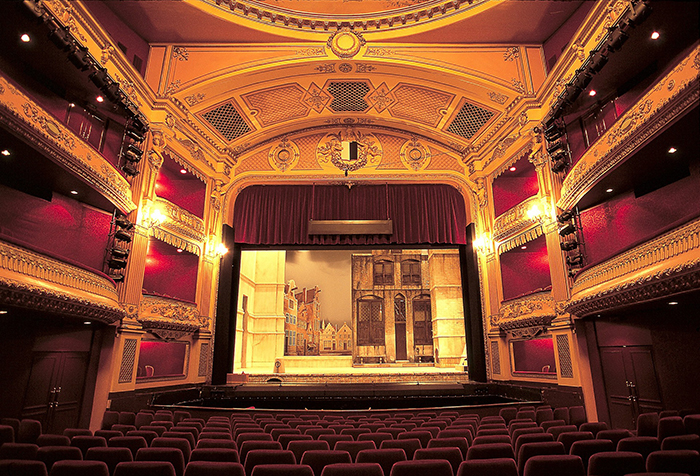
https://pixabay.com/photos/metz-france-opera-theatre-interior-86226/
Opera and musical theater are two art forms with a long tradition that fuses storytelling, live performance, music, and dance. Seeing an opera or a musical can be more thrilling than seeing a movie or going to a live music concert because you get the best of both worlds: The joy of music and the thrill of a story come together in opera and musical theater. You’ll find that they are similar in some ways and different in many others.
Opera and musical theater are two art forms with a long tradition that fuses storytelling, live performance, music, and dance. Seeing an opera or a musical can be more thrilling than seeing a movie or going to a live music concert because you get the best of both worlds: The joy of music and the thrill of a story come together in opera and musical theater. You’ll find that they are similar in some ways and different in many others.
Q: What are opera theaters?
A: Also known as opera houses, each of these venues are designed differently, featuring their own unique architecture and decorations. Opera houses are designed with stages large enough to accommodate an opera performance, ballet, or orchestra. Some of the world’s most famous opera houses include the Sydney Opera House, Teatro di San Carlo, Teatro Colon, Palais Garnier, and Guangzhou Opera House.
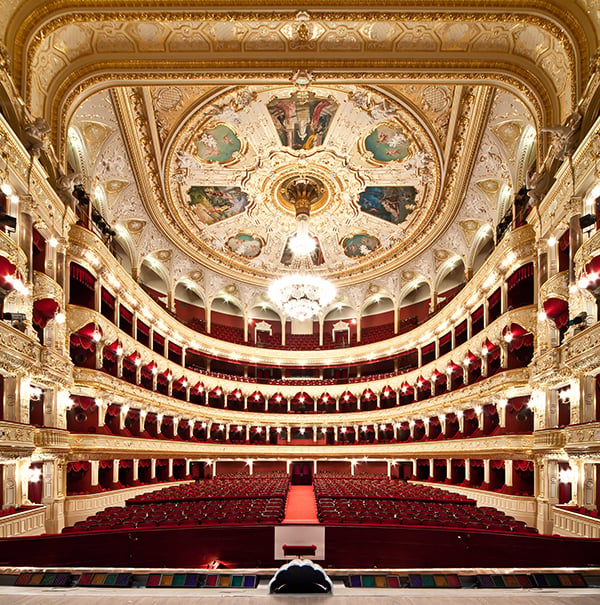
Q: What are musical theaters?
A: Musicals can be performed in many different types of theaters. Depending on the size of the cast and the type of music performed, a musical can be performed on a thrust stage, at a theater in the round, or even in a small black-box theater.
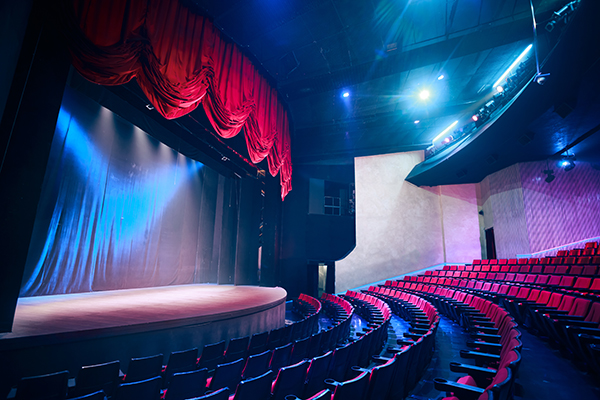
Q: How are operas and musicals similar?
A: Both operas and musicals tell a story and communicate the tale of the characters through music. They’re made up of songs and musical movements. The dialogue typically takes on a melodic pattern.
Q: What is the difference between opera and musical theater?
A: In an opera, all dialogue is sung, with very few exceptions. In a musical, the singing is typically mixed with dialogue. Many operas have a tragic theme or story, and there are also marked differences between the styles of singing and dance in musical theater and opera. Opera singers perform with vibrato and must sing louder and stronger because in the tradition of opera, they must project without microphones so that even those seated in the back can hear. In opera, dancing usually occurs between sung performances in the form of ballet, whereas in a musical, characters may sing and dance at the same time or have large choral numbers.
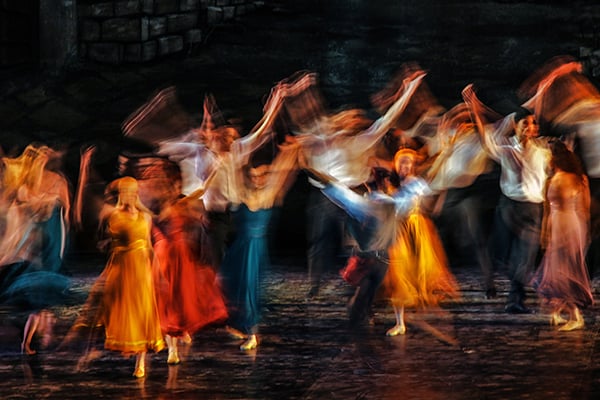
Q: Who has played an influential role in musical theater?
A: Throughout the years, there have been hundreds of influential people in the word of musical theater. Classic composers that have shaped musical theater include Rogers and Hammerstein, Stephen Sondheim, Leonard Bernstein, and Andrew Lloyd Webber. These days, bigger influencers include Lin Manuel Miranda, Pasek and Paul, and Alan Menken. Bob Fosse, the famed jazz choreographer, had a huge role in shaping musical theater, as did performers like Chita Rivera, Gene Kelly, Patti LuPone, Mandy Patinkin, and Liza Minelli. Some performers who have been huge hits in the past decade include Idina Menzel, Lea Salonga, and Kristin Chenoweth.
Q: Who has played an influential role in opera?
A: Opera has a long, rich history full of renowned composers. Some of the most famous of these include Claudio Monteverdi, George Handel, Christoph Gluck, Wolfgang Amadeus Mozart, Gioachino Rossini, Giuseppe Verdi, Richard Wagner, Giacomo Puccini, Richard Strauss, and Benjamin Britten. Some renowned singers of the modern age include Luciano Pavarotti, Renée Fleming, Maria Callas, Placido Domingo, Leontyne Price, José Carreras, and Renata Tebaldi.
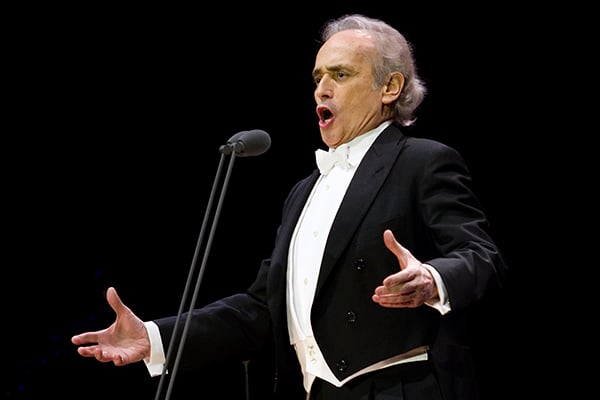
Editorial credit: Ivica Drusany / Shutterstock.com / José Carreras
Q: How was opera created, and when did it come about?
A: The first known instance of a performance using the term “opera” occurred in Italy in 1639, though the first composition was written in 1597. This opera was called Dafne, and it was created in the hopes of reviving an interest in classical Greek dramas. Opera’s popularity grew and spread across Europe throughout the centuries.
Q: How and when was musical theater created?
A: The origins of musical theater can be traced back to Greek theater, which often included music. Many people consider the heart of musical theater and the tradition as we know it to have its roots in New York City in the theaters of Broadway. The first Broadway producer, composer, and performer was George M. Cohan, who began his work in the late 1800s.
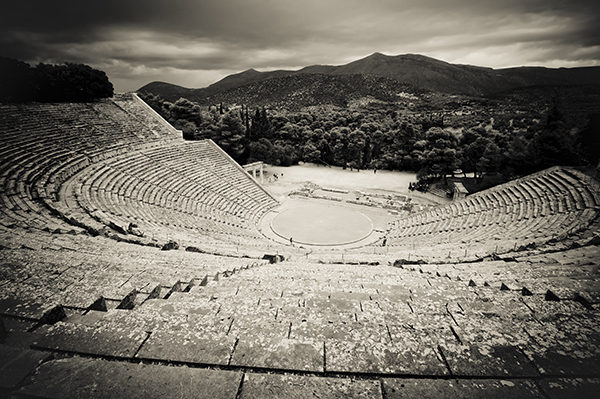
Q: How is musical theater different from other forms of theater?
A: Musical theater differs from other forms of theater in many ways. Of course, the use of song and dance to tell stories defines it, but the appeal and popularity of musicals is greater than other forms of theater. Musicals are popular with families, with some based on popular franchises like Disney films, and many popular musicals have gotten movie adaptations, too. Operas, Shakespeare‘s plays, and contemporary theater generally appeal to different audiences and are performed in different types of venues.
Q: How is opera different from other forms of theater?
A: Opera has more in common with seeing a symphony perform than seeing a traditional theater piece. It has more in common with musicals than a Shakespeare performance, but with an emphasis on music above all, opera stands out from other forms of theater. Operas must be performed in spaces large enough to accommodate musicians and dancers, and unlike with other American theater performances, it’s the norm to hear an opera in a foreign language like Italian, French, or German.
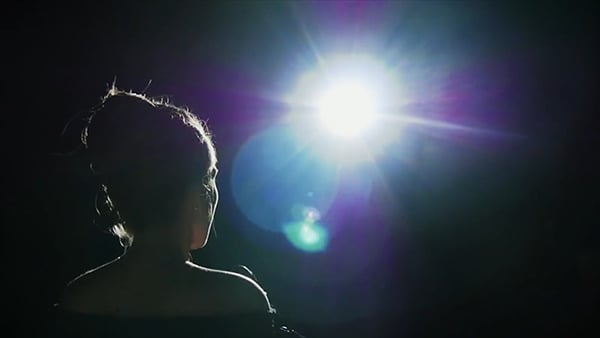
Q: What are the most famous musicals to date?
A: Today, musicals are varied in their styles of music and forms of composition. Some of the most popular include Les Miserables, Hamilton, RENT, Wicked, The Lion King, Mama Mia, The Book of Mormon, and The Phantom of the Opera. Attending each of these musicals is a very different experience.
Q: What are the most famous operas to date?
A: Favorite operas include La Boheme, The Marriage of Figaro, The Magic Flute, Carmen, Rigoletto, Aida, and Madame Butterfly.
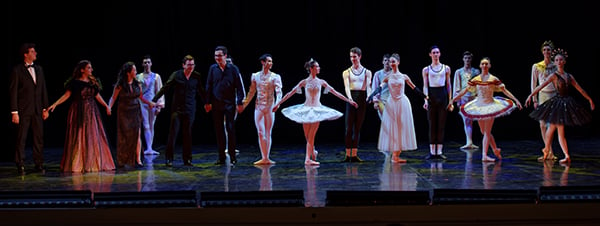
Editorial credit: StockphotoVideo / Shutterstock.com

